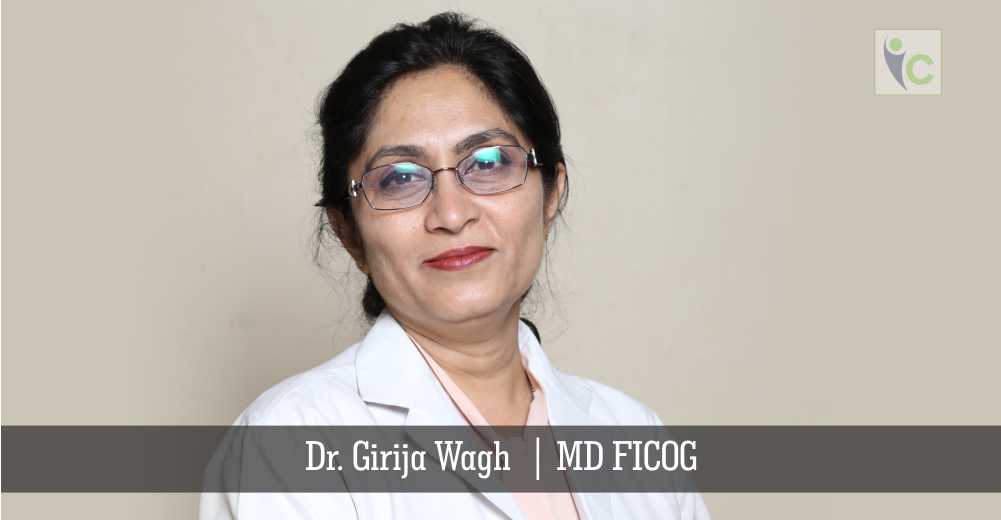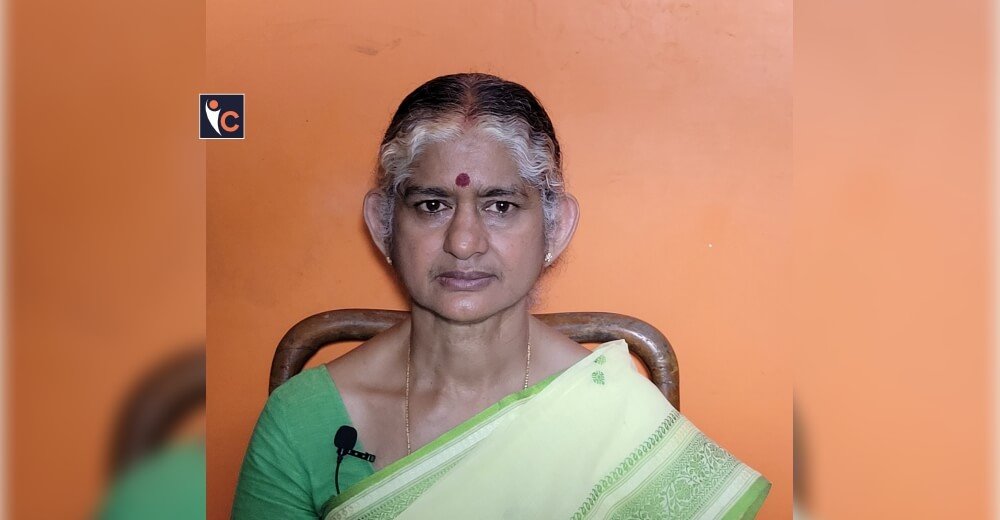Quality health care encompasses care which is accessible, efficient and rational. The care has to be able to deliver what is essential in the given setting to help ameliorate disease and restore life and its essentials. Most importantly it should not harm and nor try to achieve which is impossible. The foremost challenge in India is the excessive population .Access to quality medical education is increasingly becoming challenging. Rural and urban divide is phenomenal. Education, awareness and outreach is poor and above all the government budget allocation for health is meagre compared to the poor in the country .Poor have more health care needs and unfortunately have limited access to qualitative healthcare facilities. Insecurity and illiteracy are important reasons for population explosion. Population growth needs to be curbed. Freebie services should be curtailed for more than two issues in a family and awareness of preventive measures such as birth control should be effectively implemented.
Basic services such as birth control, medical termination of pregnancy, delivery, neonatal care and paediatric health should be easily and universally available. Regular preventive measures such as immunisations, nutritional guidance, physical activity (can be through education of yoga), hygiene practices (personal, community and environmental) should be made mandatory and easily accessible and inculcated as essential practices. Regular health assessment activities such as screening for cancers, anaemia, mental disorders, metabolic diseases should be accessible through simple tools and reinforced with awareness about these to nurture a healthy society.
Healthcare facilities should have defined roles and limitations well identified. Primary health facilities should be run by paramedics and the care be limited to first aid and attending to basic emergency needs. The medical officers can run half a day out patient department at the public health centres and sub-centres and run hospitals at the sub-district level. These hospitals can be run on public private partnership basis. Public health facilities should be empowered with video conferencing and access to immediate consultations available. Facilities for the community transfer to and from health care service units are made available.
Emergency health care services should be standardised, universally accessible and provisions for investigations and immediate care be made. Mobile and accessible efficient emergency services are the need of time for the population dwelling in inaccessible terrains. Personnel delivering traditional medicine therapies or paramedics offering services to the community should be trained and offered skill enhancement programs.
Private medical college hospitals should partner with the government programs to provide services to the poor and in return be granted funds and recognition to do so. This will help in increasing clinical workload for better teaching learning practices in medicine. Skill enhancement in medicine can be achieved by increased clinical load and this needs to reinforce through such activities. This can also help in better research activities for health care quality improvement. World class amenities and facilities for education and research of medical students should be insisted upon.
The government can consider graded charging systems based on economical class of the beneficiary .Universal standardised protocols for quality care are a necessity and these should be regularly evolved , disseminated and implemented .Much of the government programs are well studied and drafted but seriously fail in appropriate implementation . Accountability should be sought from everyone concerned about simple mandates such as fumigation of disinfectants, cleaning of trench, clean public lavatories, garbage disposal, pollution control etc. The national programs should not only be limited to the government facilities but the information should be made easily accessible to private practitioners as 85 % of the medical care is provided in the private sector .
Doctors should be well paid to compensate for the rigours they undergo to learn the subject. The skills of the doctor should be appreciated and well compensated. Much of the skilled doctors are moving to corporate sector due to better working conditions and revenue generation. Medicos also choose to leave the country for better research avenues and facilities for children education and access to super speciality education and services .This needs to be made available on our country to avoid skilled community drain .Paramedical services should be improvised through skills training and larger accessibility.
The school curricula should be revised and much stress upon basic health information and knowledge should be imparted. Serious lack of awareness about nutrition and physical activity has already put the country on the edge to blow up into a metabolic diseases volcano and these can have far reaching implications for the genetic programming of the generations to come .We as a country have our own special health needs and much of indigenous research be supported to evolve our own unique practices to achieve optimum and quality health.
The doctors and health care providers should be protected and respected and attacks on the doctors and medical personnel dealt with seriously. Such attacks are a result of ignorance and refusal of acceptance of the eventualities, a reflection of serious dearth of knowledge and understanding of life limitations.
Budget spent on health needs to be quadrupled and provisions be made for essentials universally .Finally the onus also should be on the population at large. With the digital medium everyone should be made accountable for his or her health and take responsibility of nurturing health within the individual, family and the society.
About the Author
Dr. Girija Wagh is a MD FICOG, Dip in endoscopy, FICS. She delivers her services as a professor at Bharati Vidyapeeth University Medical College, Pune. She is a renowned consultant as well at Girija Hospital and Fertility Center, Cloud nine Hospitals.










